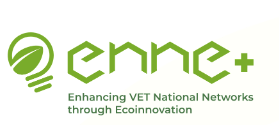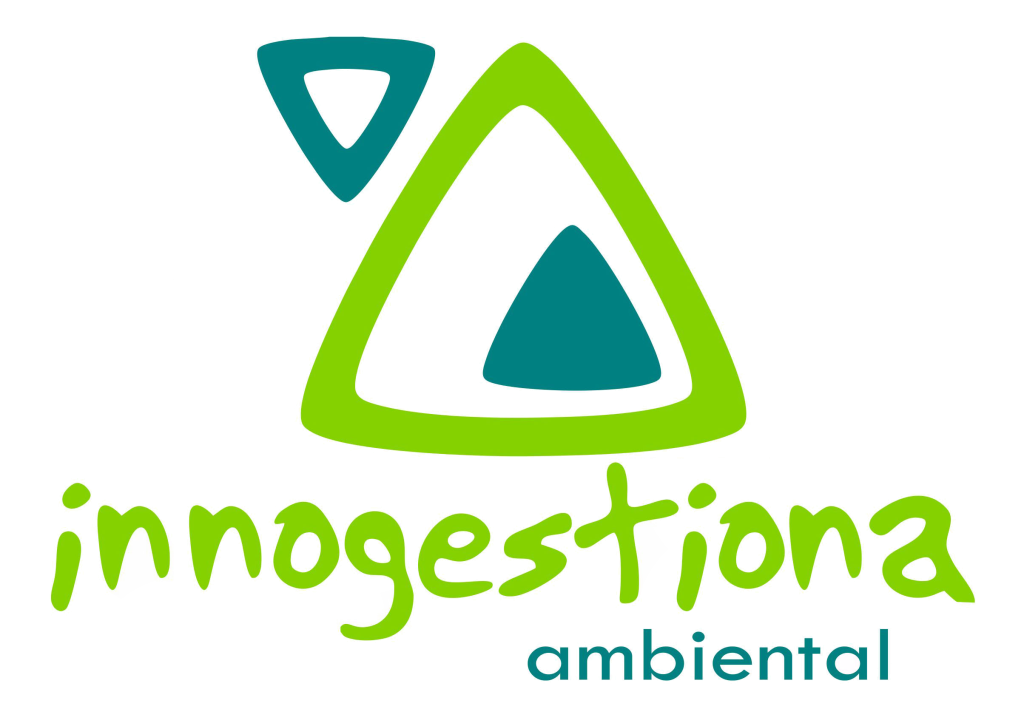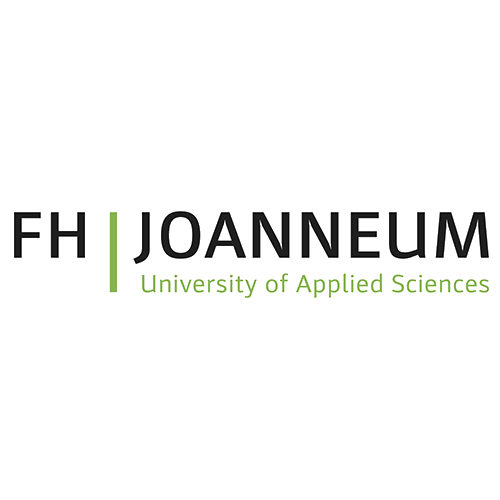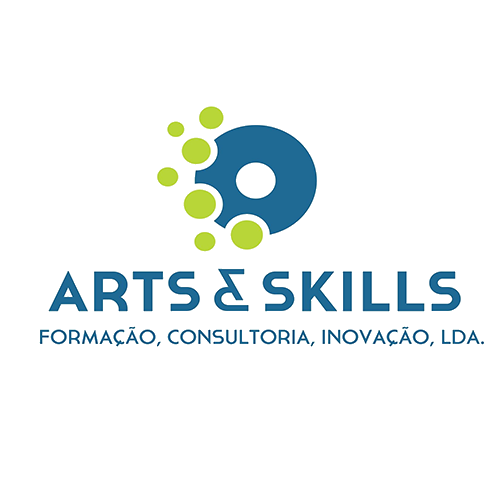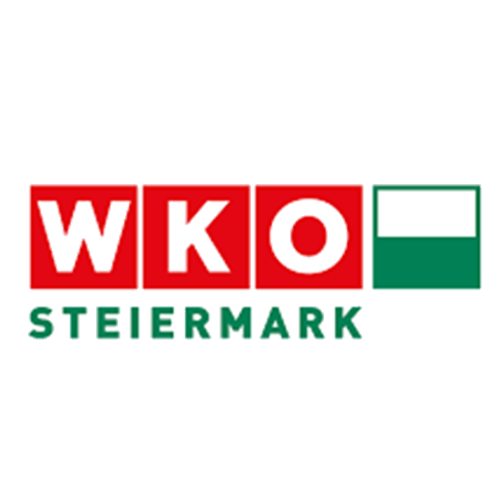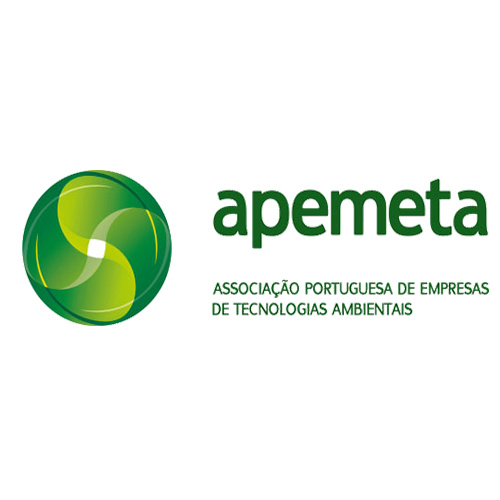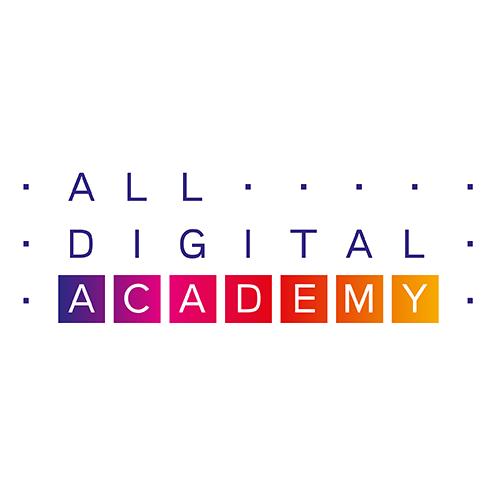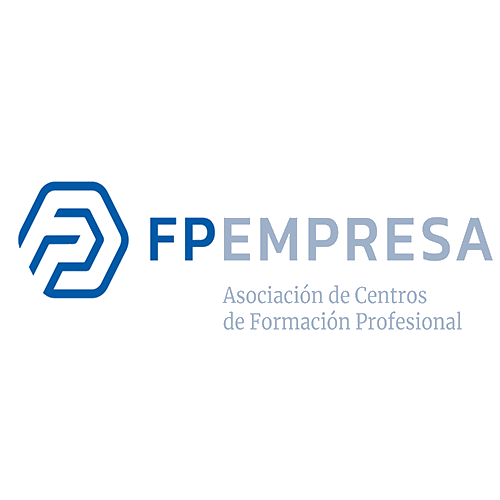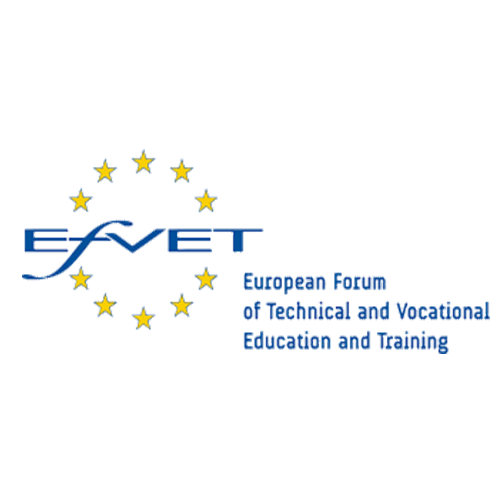– About the Community of Practice (CoP)
ENNEPlus Community of Practice (CoP)
The ENNEPlus Community of Practice (CoP) is a key element of the project’s strategy to foster collaboration, knowledge exchange and innovation among Vocational Education and Training (VET) professionals and students across Europe.
This virtual space brings together VET providers, educators, learners and stakeholders from four partner countries — Italy, Spain, Portugal, and Austria — as well as representatives from European-level networks. Its main purpose is to support eco-innovation and digital transformation in VET through shared experiences, co-designed activities, and peer learning.
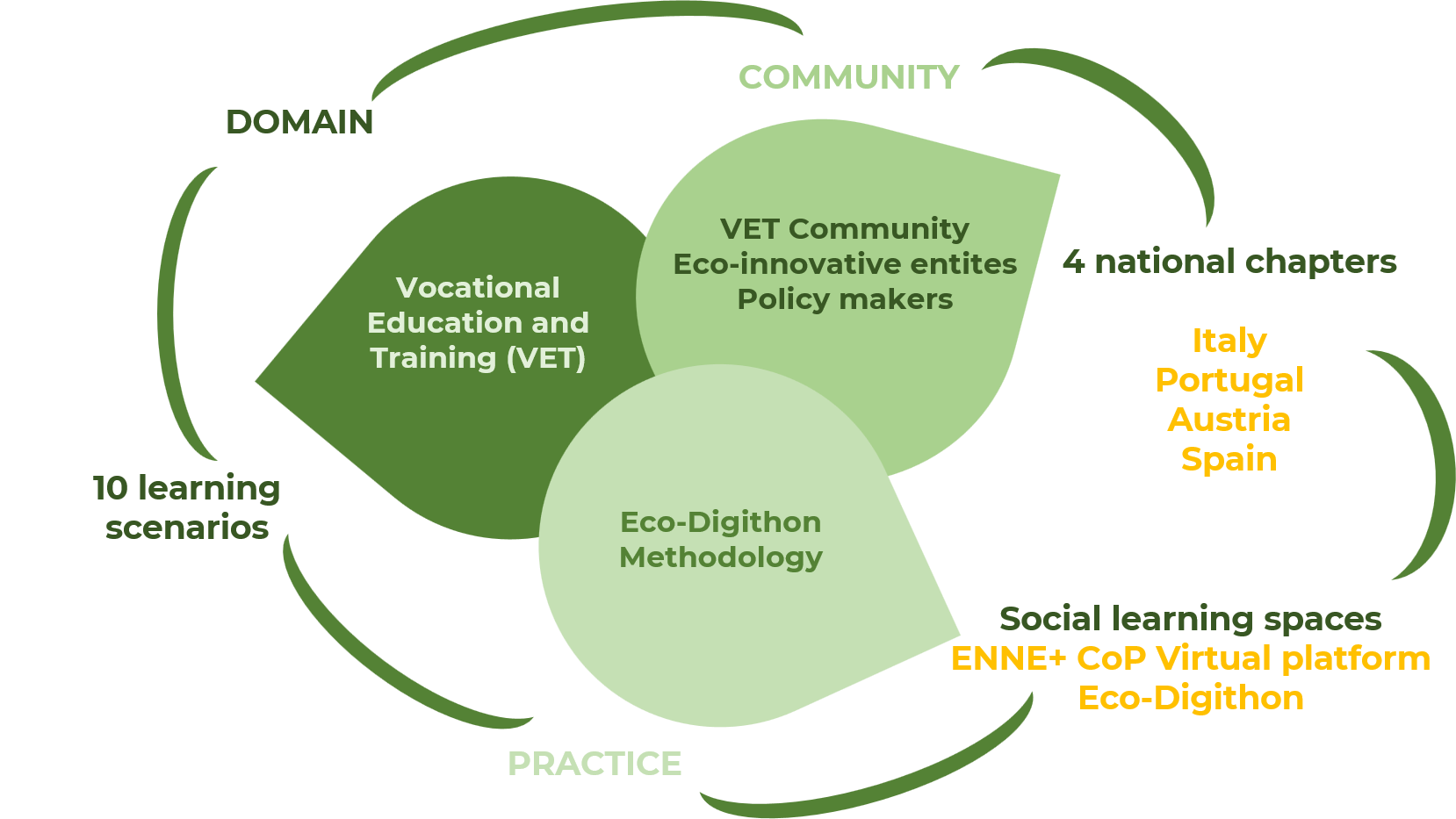
The Governance of the CoP is shared among the partners of the ENNEPlus project, being coordinated by the Spanish organization Innogestiona Ambiental and each of them taking a leading role according to their respective profile.
A Transnational and Collaborative Space
The ENNEPlus CoP is built around a single international collaborative space, designed to:
International collaboration
Facilitate open dialogue and exchange among VET teams from different countries
Inbound Marketing
Support for adapting shared tools and content to specific educational realities.
Promoting joint projects and initiatives
Support for the creation of collaborative projects between vocational training entities.
Open educational resources
The integration of digital tools and open educational resources (OERs)
Empowerment
The empowerment of students and teachers as agents of change
Responsability
A new learning culture based on cooperation and sustainability
